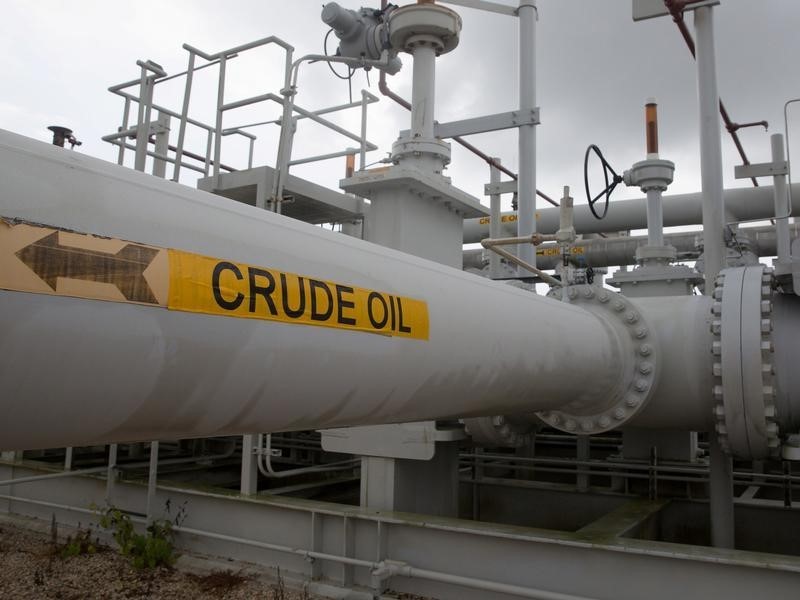Investing.com -- Oil prices rose Wednesday, boosted by heightened tensions caused by the Russia-Ukraine conflict, although signs of a bumper build in US. stockpiles limited gains.
At 08:20 ET (13:20 GMT), Brent oil futures expiring in January gained 0.6% to $73.72 a barrel, while West Texas Intermediate crude futures rose 0.6% to $69.66 a barrel.
Russia-Ukraine tensions in focus
Oil prices marked some gains this week on the prospect of supply disruptions from an escalation in the Russia-Ukraine war, especially after Moscow raised the prospect of nuclear retaliation for Ukrainian strikes in the wake of US reportedly authorizing the use of long-range missiles by Kyiv.
The United States shut its embassy in Kyiv earlier Wednesday due to "specific information of a potential significant air attack."
These developments threaten to drag the West even further into the conflict.
"Eating into some of the geopolitical risks related to Russia-Ukraine were reports that Iran offered to stop increasing its stockpiles of uranium enriched up to 60%," said analysts at ING, in a note.
"The International Atomic Energy Agency has said Iran has taken the first steps to cap production. If this occurs, it removes some supply risks related to Iranian oil when President-elect Trump enters office."
US oil inventories see bumper build - API
Also limited gains was industry data showing U.S. oil inventories grew much more than expected in the week to Nov. 15.
Data from the American Petroleum Institute showed oil inventories grew by 4.75 million barrels last week, much more than expectations for a 0.8 million barrels build.
The reading usually heralds a similar trend from official inventory data, which is due later on Wednesday.
US oil inventories have risen more than expected for the past two weeks, keeping traders on edge over increased supply in the world’s biggest oil producer.
This trend has tied into fears of an oil supply glut going into 2025, especially as demand among major oil importers weakens.
Oil market uncertainties - UBS
"The oil market faces more uncertainties following Trump's win. While the market's initial focus seems to be on the negative impact of higher US supply and risks to demand from tariffs, the net impact could be more neutral in our view given counter-balanced supply side risks (i.e. lower Iranian exports)," according to UBS, in a note dated Nov. 19.
In the very near term, the Swiss bank expects Brent to stay around the mid-$70s, supported by the OPEC+ cuts extension and inventory draws.
"We see oil prices stabilising next year as the market remains balanced in the absence of OPEC+ production increases. We do expect a negative impact on oil demand from slower GDP growth and higher prices but continue to expect demand to grow until the late 2020s."
(Ambar Warrick contributed to this article.)
